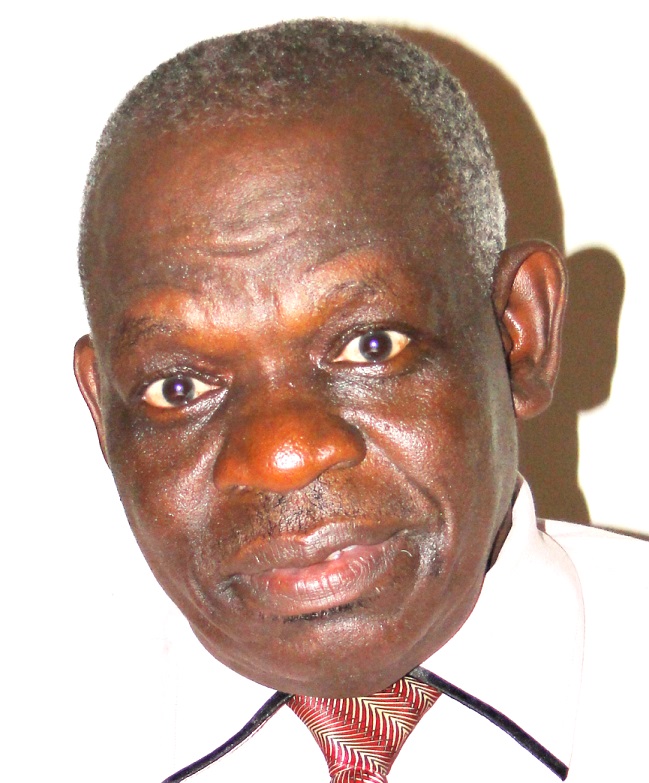The policy of the Ministry of Agriculture and Forestry of the Government of South Sudan is to encourage most producers to use organic manure, without the use of artificial chemicals or fertilizers and pesticides. This makes South Sudan probably the largest organic farm in the world.
Organic Farming is the system whereby farmers or other producers use organic manure in the process of producing a crop, flowers, ornamentals or other forms of agricultural production. Communities in Africa and the other parts of the developing world have been using it for centuries.
However organic farming as it is known to-day has been popularised by western countries because its products are less harmful to the human body compared to the modern farming which uses artificial chemicals or fertilizers as well as pesticides.
The residues of the artificial chemicals are known to have negative effects on human body.
In addition the artificial chemicals have harmful effects on soils overtime. For example some of them destroy the soil structure through killing the fauna that work up and down the soil structure and enable aeration and nutrients absorption for the growth of crops.
Organic manure have no known negative impacts on the environment as organic manure in the form of humus actually have positive attributes for the growth of plants on the environment.
Because of the above attributes of organic farming, many western farms have adopted the system as its products command premium prices in the world market. Some farmers in Kenya, South Africa and a number of other African countries have also adopted the system for the production of horticultural crops including fruits, vegetables and flowers.
The EC however has stringent conditions for organic commodities to enter its market. For example products declared to be organic are subject to tests to ensure that they conform to their conditions of minimum quantities of residual chemicals in the foodstuffs or in the flowers. Any exporter who defaults on these conditions is required to return the consignment of the commodities and dispose it at his or her expense.
The policy of the Ministry of Agriculture and Forestry of the Government of South Sudan is to encourage most producers to use organic manure, without the use of artificial chemicals or fertilizers and pesticides. This makes South Sudan probably the largest organic farm in the world.
This policy would work well for most smallholder farmers who are operating three to five acres of high value crops such as fruits and vegetables where the use of organic manure such as dung and plants remains is possible. At this level smallholder farmers can easily obtain the organic manure in the locality at cheap prices.
These groups of smallholders would probably need to be encouraged to be market gardeners and supply their products to the growing urban towns in South Sudan such as the national capital Juba, the state capitals and some of the county centres. As time goes on these farmers would be mobilized to form cooperative societies that could market their products to the international markets.
They would need the support of the state and national ministries of agriculture and commerce to assist them with the technical and professional knowledge to reach the world markets.
The challenge to the policy of maintaining South Sudan as an organic farm would come from large commercial producers, using tractors and opening up 10 to over 50 acres per farmer. This is because obtaining the organic manure such as cow dung and plants residues would be difficult. Moreover the release of nutrients from organic material is a slow process and with intensive farming methods on horticultural crops, this would affect the yield per acre and affect total production, which may not enable the producers to break-even or make minimum profits to enable them to remain in the market.
There are modern liquid fertilizers that are substitutes to some of the common artificial fertilizers. These however would need to be tried out to ascertain the response in yield per unit area to their application and therefore the economic returns to specific crops.
Given the above reality on the use of organic manure versus commercial farming to resolve the problem of food security against the background of environmental conservation for sustainable production, it is probably reasonable that the Ministry of Agriculture and Forestry would have to adjust its policy of preserving South Sudan as an organic farm to accommodate the use of artificial fertilizers for commercial farming.
This would be in line with the ministry’s twin policy of transforming the subsistence sector to commercial. Those who would want to continue with organic farming would have to be registered like in other countries, so that they can sell their commodities at premium prices. Next week we shall examine the use of Environmental Impact Assessment (EIA) on the environment in South Sudan.




